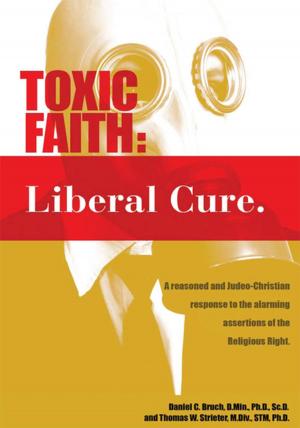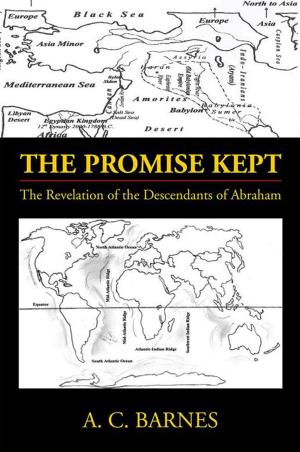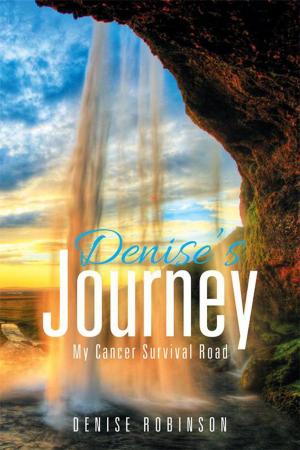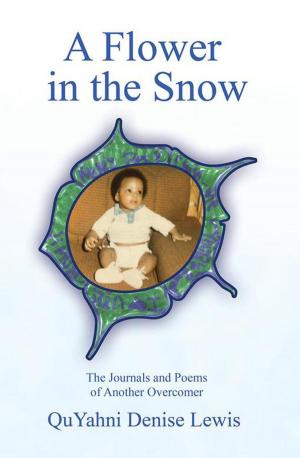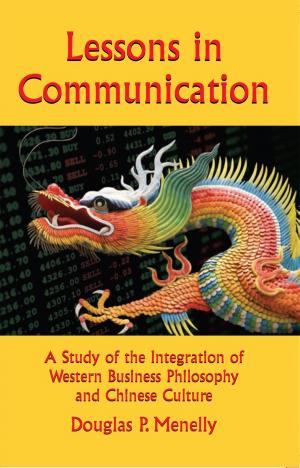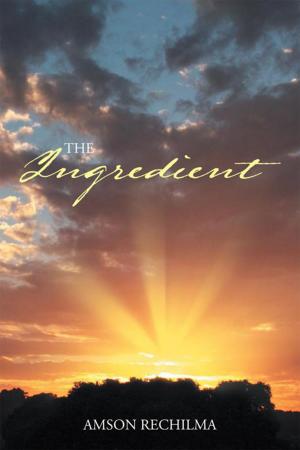A Grain of Salt
Why You Must Make Your Own Decisions
Nonfiction, Health & Well Being, Self Help, Self Improvement, Success| Author: | Daniel Romm | ISBN: | 9781462826766 |
| Publisher: | Xlibris US | Publication: | August 30, 2004 |
| Imprint: | Xlibris US | Language: | English |
| Author: | Daniel Romm |
| ISBN: | 9781462826766 |
| Publisher: | Xlibris US |
| Publication: | August 30, 2004 |
| Imprint: | Xlibris US |
| Language: | English |
Wisdom is the ability to make good decisions, and this book is about decisions why you must make your own and how to make good ones. The habit of making your own decisions is the subject of the first part. A 12-step process for how to make good ones is the subject of the second part.
Forming new habits is hard to do but the habit of making your own decisions is the key to wisdom. Why? Because accepting opinions and advice at face value from authorities will mislead you more often than not. Before forming a new habit, you must first break the old one. As exemplified by the koans of Zen Buddhism, shock treatment is one effective way. It will be the approach taken. I am going to try to force you to reconsider ideas that you have always taken for granted by challenging some obvious truths in the disciplines of physics, life science, philosophy, law, economics, probability theory and statistics, media communications, politics and theology to see if they hold up under scrutiny. You may come away even more convinced that they are true than you were before, but you will no longer accept them at face value. You will have thought about them and made your own decisions that is the entire point! Whether or not I agree with your conclusions is irrelevant. Besides, having heard and digested my best arguments you are now more likely to be right than I, since I havent heard yours.
Topics covered include a hypothesis for the existence of dark matter, the meaninglessness of the concept "intelligence", the paradoxical notion of omniscience, the root cause of political dissension, how to get rich, euthanasia, extra-sensory perception, the circularity of Einsteins special theory of relativity, the nature of cause, cholesterol, free will vs. determinism, computers, gambling, insurance and genetic engineering. There is something of interest for all: young, old, rich, poor, high school graduates, and college professors. Some of the discussions are weighty, but they dont require any special advanced knowledge. They do, however, require you to think. Many of the arguments are subtle and some of the conclusions may surprise you as mentioned above, this isnt an easy chapter. But the rewards will be worth the effort. All second-hand opinions and advice, including mine, should be taken with a grain of salt, no matter how authentic the credentials of those labeled they in the phrase they say appear to be. Your happiness may depend on it! The decisions you make in life have a great, if not the greatest, impact on the quality of your life, and though a lifetime of good decisions doesnt guarantee happiness, a lifetime of bad ones is sure to lead to misery. Good decisions depend upon accurate facts and reliable theories, hence the need to make your own independent analyses.
The second part contains a straightforward 12-step process for making good decisions, along with some applications. Although the process has worked quite well for me, you may prefer to use another that is better suited to your tastes the important thing is to have a process, any process, so long as it works.
The appendix can be omitted altogether without losing the thread of the message. It contains two papers I have written, both of which require at least an undergraduate background in mathematics. The first paper also requires a solid understanding of modern physics. A knowledge of contract law would be useful for studying the first application discussed in the second paper.
Wisdom is the ability to make good decisions, and this book is about decisions why you must make your own and how to make good ones. The habit of making your own decisions is the subject of the first part. A 12-step process for how to make good ones is the subject of the second part.
Forming new habits is hard to do but the habit of making your own decisions is the key to wisdom. Why? Because accepting opinions and advice at face value from authorities will mislead you more often than not. Before forming a new habit, you must first break the old one. As exemplified by the koans of Zen Buddhism, shock treatment is one effective way. It will be the approach taken. I am going to try to force you to reconsider ideas that you have always taken for granted by challenging some obvious truths in the disciplines of physics, life science, philosophy, law, economics, probability theory and statistics, media communications, politics and theology to see if they hold up under scrutiny. You may come away even more convinced that they are true than you were before, but you will no longer accept them at face value. You will have thought about them and made your own decisions that is the entire point! Whether or not I agree with your conclusions is irrelevant. Besides, having heard and digested my best arguments you are now more likely to be right than I, since I havent heard yours.
Topics covered include a hypothesis for the existence of dark matter, the meaninglessness of the concept "intelligence", the paradoxical notion of omniscience, the root cause of political dissension, how to get rich, euthanasia, extra-sensory perception, the circularity of Einsteins special theory of relativity, the nature of cause, cholesterol, free will vs. determinism, computers, gambling, insurance and genetic engineering. There is something of interest for all: young, old, rich, poor, high school graduates, and college professors. Some of the discussions are weighty, but they dont require any special advanced knowledge. They do, however, require you to think. Many of the arguments are subtle and some of the conclusions may surprise you as mentioned above, this isnt an easy chapter. But the rewards will be worth the effort. All second-hand opinions and advice, including mine, should be taken with a grain of salt, no matter how authentic the credentials of those labeled they in the phrase they say appear to be. Your happiness may depend on it! The decisions you make in life have a great, if not the greatest, impact on the quality of your life, and though a lifetime of good decisions doesnt guarantee happiness, a lifetime of bad ones is sure to lead to misery. Good decisions depend upon accurate facts and reliable theories, hence the need to make your own independent analyses.
The second part contains a straightforward 12-step process for making good decisions, along with some applications. Although the process has worked quite well for me, you may prefer to use another that is better suited to your tastes the important thing is to have a process, any process, so long as it works.
The appendix can be omitted altogether without losing the thread of the message. It contains two papers I have written, both of which require at least an undergraduate background in mathematics. The first paper also requires a solid understanding of modern physics. A knowledge of contract law would be useful for studying the first application discussed in the second paper.






